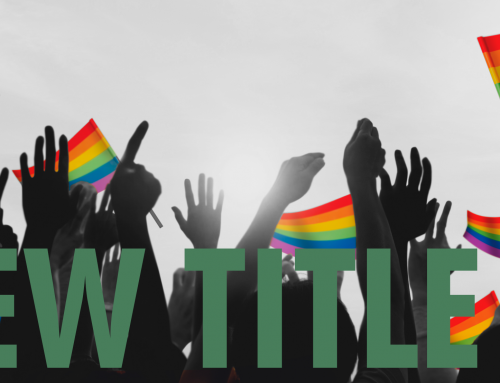The Hunt County Sheriff’s Office (“HCSO”) maintains a publicly accessible Facebook page that stated, on the page, that it was not a public forum. HCSO did encourage citizens to submit comments, but reserved the right to moderate the page as they saw fit. After Robinson, the plaintiff, posted comments critical of the HCSO, she was banned from accessing the page and her comments were removed, along with several other citizens who posted similar messages. Robinson sued claiming violations of her First and Fourteenth Amendment rights due to viewpoint discrimination and being blocked without due process. Although this case was dismissed against all defendants in the trial court, the 5th Circuit revived the claims against Hunt County while affirming the dismissal against the individually named defendants.
While this case fails to provide a detailed forum analysis for Facebook pages, the Court provides insight into how they could interpret these cases in the future. Of particular relevance is the Court agreeing with the plaintiff’s argument that the HCSO’s actions constituted viewpoint discrimination, whether they deleted her comments for being critical of the HCSO or if they felt the comments were “inappropriate.” The Court found that official censorship “based on a state actor’s subjective judgment that the content of the protected speech is offensive or inappropriate is viewpoint discrimination.” This analysis should be taken into consideration for an official that has a public page but wishes to censor opposing, or even offensive, material.
The plaintiffs further argued that the Facebook page is a public forum subject to First Amendment scrutiny. Surprisingly, the Court did not have to analyze this contention because Hunt County did not argue that the page is not a public or limited public forum. Therefore, the Court assumed for the purposes of this case that the page is a forum subject to First Amendment protections. This is particularly important because a forum analysis for a Facebook page would provide clarity on whether, and to what extent, an official may moderate the posts on a page. Unfortunately, the Court denied to go into detail due to the sheer lack of argument from the defendants. So, as it stands, there is precedent supporting First Amendment protections for Facebook pages associated with governmental entities and, potentially, public officials.
Prepared by the offices of Richard Abernathy, this article should not be construed as legal advice related to any specific facts or circumstances. Although this article covers legal subjects, it is intended to educate readers and not to provide advice that will be the basis for action or inaction in any specific circumstance. Viewing these materials does not create an attorney-client relationship between Abernathy, Roeder, Boyd & Hullett, P.C. and the reader or the reader’s institution. For circumstance-specific legal advice, please directly contact a licensed attorney.







Leave A Comment